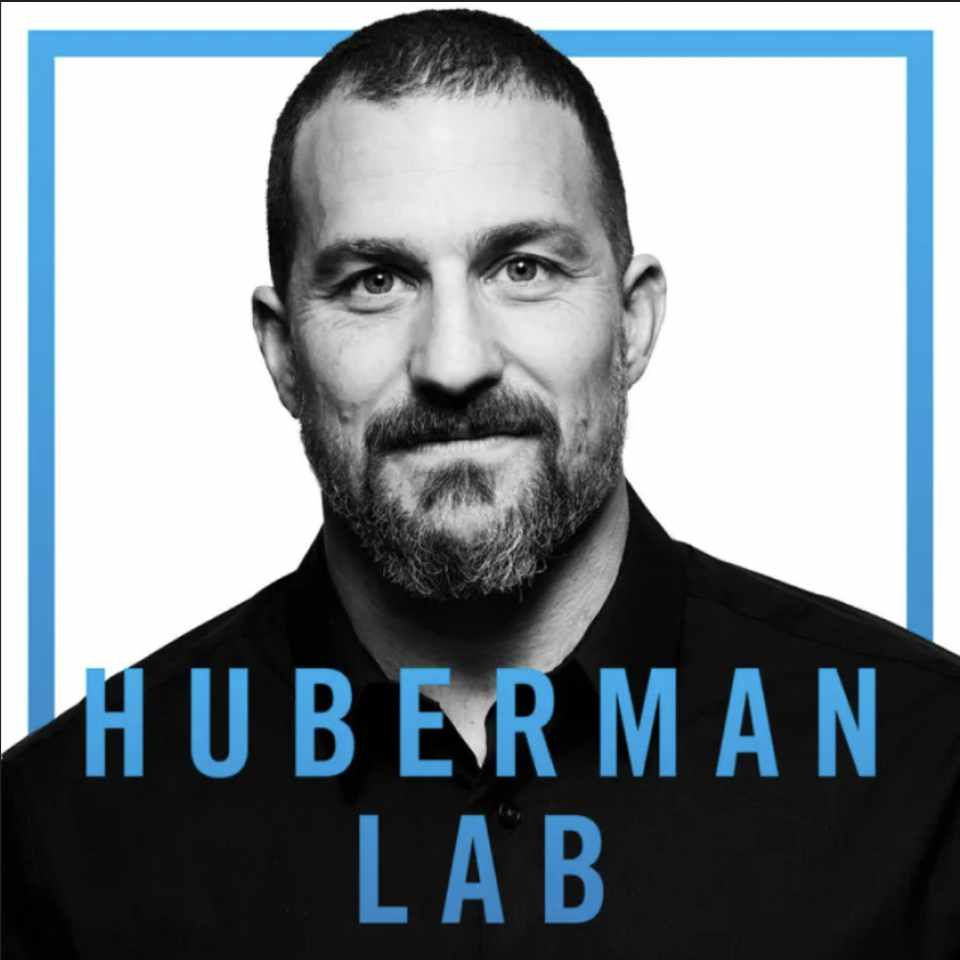
Title:
HUBERMAN LAB
Author:
Dr. Huberman
Narrated by:
Dr. Huberman
Length:
2:52:15
Release date:
July 14, 2024
According to podcastindex.org there are 4,198,326 total podcasts registered around the world in the month of June of 2024.
I recently came across the HUBERMAN LAB Podcast and loved it. Andrew Huberman, Ph.D., the host of the podcast, is a renowned neuroscientist and tenured professor in the department of neurobiology, and by courtesy, psychiatry, and behavioral sciences at Stanford School of Medicine. His work has significantly advanced our understanding of brain development, brain function, and neural plasticity, which is the nervous system’s ability to rewire itself to learn new behaviors, skills, and cognitive functions.
For more information and to listen to the episodes, visit Huberman Lab. You can also sign up for the newsletter to receive a blueprint of Andrew Huberman’s daily routine designed to maximize your productivity, physical health, and mental well-being.
I specifically recommend Episode 180 “How Smartphones & Social Media Impact Mental Health” where Huberman chats with his guest Dr. Jonathan Haidt, Ph.D., a professor of social psychology at New York University’s Stern School of Business and a bestselling author. Dr. Haidt’s research focuses on how technology and culture influence the psychology and health of children, teens, and adults.
Discussion Highlights of Episode 180:
- Mental Health Crisis: Dr. Haidt discusses the significant rise in suicide, depression, and anxiety, linking these trends to the replacement of a play-based childhood with the use of smartphones, social media, and video games.
- Developmental Challenges: The conversation covers how a childhood dominated by screens leads to difficulties in psychological development, negatively affecting learning, resilience, identity, cooperation, and conflict resolution. These skills are essential for successful adult relationships and careers.
- Gender Differences: The episode delves into how smartphones and social media impact boys and girls differently.
- Neurobiological Mechanisms: Dr. Haidt explains the underlying neurobiological processes through which smartphones alter brain plasticity and function.
Documentary: “The Social Dilemma” (Netflix)
Occasionally, when my social media usage reaches an all-time high, my dad suggests rewatching “The Social Dilemma,” a documentary by Jeff Orlowski. Have you ever watched “The Social Dilemma”? I have to admit, it is a must watch when you want to find out how social media platforms are designed in order to exploit users’ data, manipulate behavior, and create addiction.
The film’s most surprising insight—though not entirely new—is how carefully our addiction to social media is orchestrated. For example, if you’ve been searching for ‘best colors for room walls’ and suddenly see an influx of wall paint ads on your Facebook feed or Google ads on other sites, it’s not a coincidence but a calculated strategy. Essentially, tech giants like Facebook and Google manipulate users, their behavior, and their thoughts.
“The Social Dilemma” features interviews with former tech industry executives and experts who expose how social media platforms are designed to exploit users and maximize engagement. The documentary highlights that both teenagers and adults have lost the ability to find peace through real-world activities and relationships. Instead, they turn to social media for distraction and entertainment when facing difficult emotions.
What do you think? Do you use social media carefully? Please share your thoughts – I’d love to hear from you.

